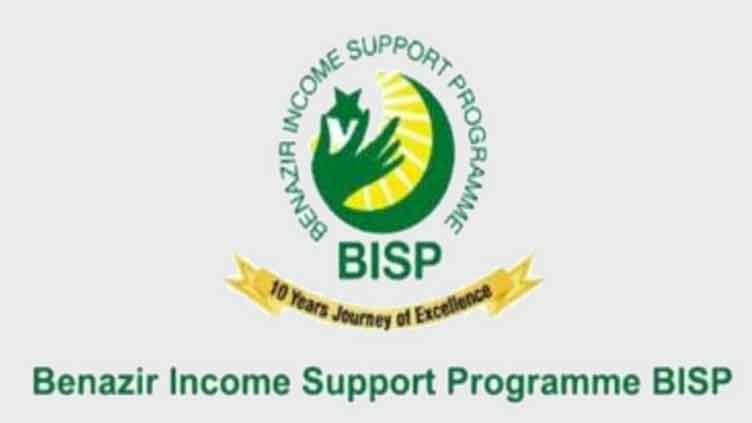BISP not promoting beggary, supports the poor: chairperson

Pakistan
BISP not promoting beggary, supports poor segments: chairperson
ISLAMABAD (APP) - Benazir Income Support Programme (BISP) Chairperson Dr Muhammad Amjad Saqib on Friday said the BISP had been contributing immensely towards supporting the poorest segments of society through financially empowering them, and does not not promoting beggary and charity.
He was speaking as a guest of honor at a training workshop titled “Social Protection Course Pakistan” held here at a local hotel.
The remarkable initiative organised by German Cooperation, Oxford Policy Management, the Sustainable Development Policy Institute (SDPI), and the Deutsche Gesellschaft für Internationale Zusammenarbeit (GIZ), brought together thoughtful leaders, policymakers, and change-makers to discuss and explore the crucial role of social protection in shaping a more equitable society.
Addressing the participants, Dr Amjad Saqib underscored the significance of a welfare state, emphasising that the government of such a state makes life easier for its citizens.
He reminded that nobody realised that Pakistan was the biggest welfare state in the world as it had been supporting 9.3 million families by providing them financial assistance, benefitting overall around 60 million people.
He said that countries like Sweden, Norway and Denmark were welfare states, but these countries did not have much population and they might not support as much number of families. However, with meager resources and much poverty, Pakistan was supporting over nine million families financially.
“No doubt BISP is providing a very modest amount to the families but still this is a great step towards turning this country into a welfare state in true spirit”, Dr Amjad Saqib said.
“Despite our financial constraints, we are extending financial support to the people with compassion and love in a country where tax to GDP ratio is only 8 to 9 percent”, he said.
The chairperson said, “We are trying to assure the poorest of the poor in this struggle against poverty that you are not alone, we are standing as a community and as a society. Our support is too small but this reflects how we think about you. We believe your children should go to school and excel in their lives”.
He emphasised that the provision of social protection to deprived individuals is not the sole responsibility of the government; it is a shared duty that extends to individuals and society as a whole.


